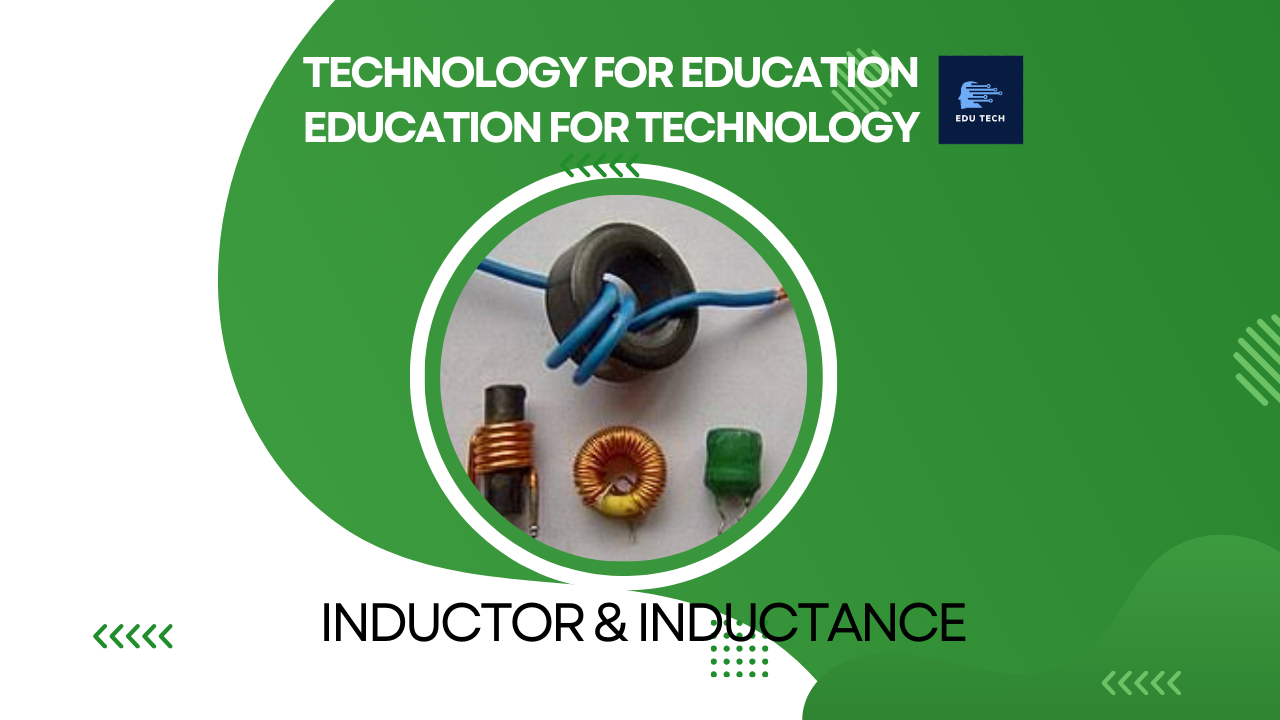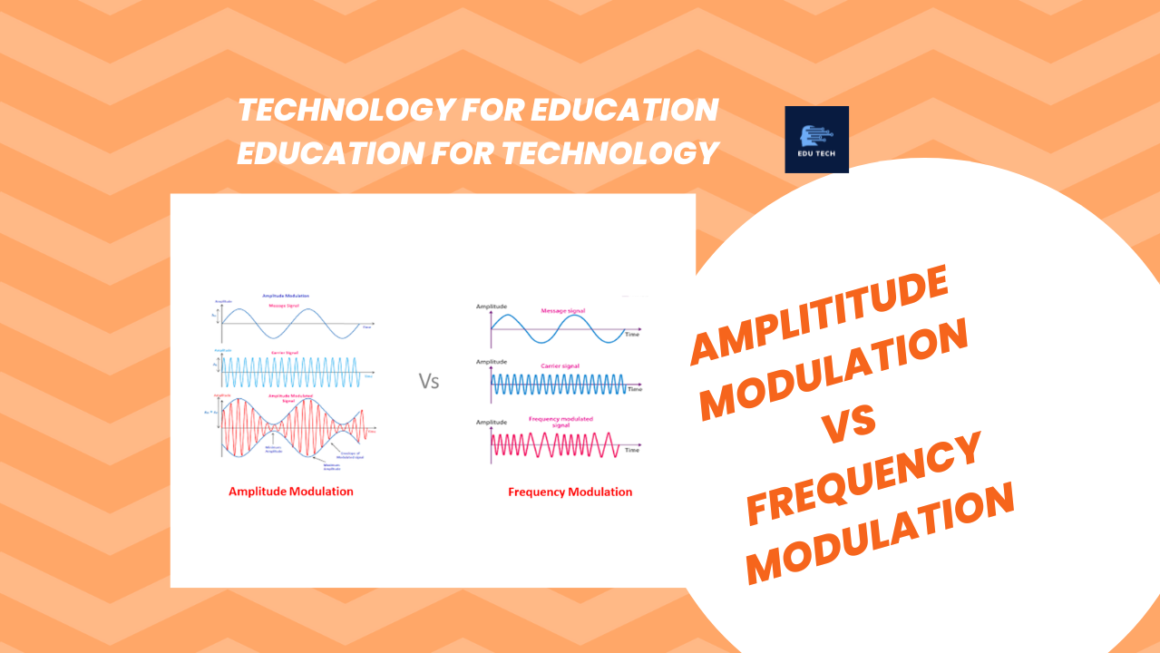
- It provides support for its windings
- Core provides the medium to concentrate and contain magnetic flux

DC through coil

- When a DC voltage is applied to the winding
- Due to low resistance, the winding acts as a short circuit across the terminals of the DC source
- Lead to the flow of heavy current through the winding resulting in overheating of the winding
- No Magnetic flux will generate. since DC does not have zero frequency
AC through coil

- When a AC voltage is applied to the winding
- Produces a self-induced emf opposing the emf that initially set up the current
- Generate a magnetic field in the clockwise direction
- For an ideal inductor of zero ohmic resistance, the back emf is equal and opposite to the applied emf.
- The induced current generates due to a changing magnetic field.
Disadvantage of inductor
- The inductors of high inductance value are not possible. It is in large size
- If supply frequency increases the opposition also be increased. For this reason, an inductor can totally block the very high-frequency AC.
Induction types
- Self Induction
- Mutual Induction
Inductance unit
- American physicist Joseph Henry — henry (unit of either self-inductance or mutual inductance)
- One henry is the value of self-inductance in a closed circuit or coil in which one volt is produced by a variation of the inducing current of one ampere per second.
Inductor Vs Resistors
- Inductors are used for reducing current in AC circuits without any loss of electrical energy
- When resistors are used, electrical energy is wasted in the form of heat















